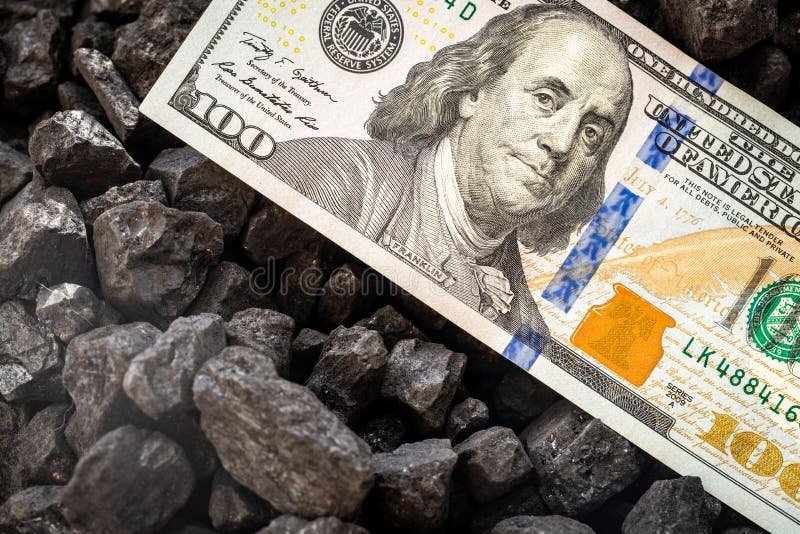Editorial
Political consensus is the agreement reached by the parties of a group or between several groups through its acceptance by all of them. Political consensus is a form of decision-making that can benefit democracy, the rule of law, governance and political stability. It is critical for democracy that all political parties and players involved must respect democratic values and ethics.
Political consensus can create a shared understanding of the issues and perspectives of different groups, which can bridge the gaps and reduce the polarization that often plagues democratic societies. By empathizing with the other side, political actors can increase their chances of persuading them and finding common ground. Then, political consensus is vital for a federation like Pakistan.
Political consensus can also equalize power distribution in a group by ensuring that every voice is heard and every concern is addressed. This can enhance the legitimacy and accountability of the political system, as well as the representation and participation of the people. Political consensus can also lead to better quality, more informed, creative, and sustainable decisions. By involving all stakeholders in the decision-making process, political consensus can generate more comprehensive solutions that consider the diverse needs and interests of the society. Moreover, political consensus can increase the commitment and support for implementing the decisions, as everyone feels ownership and responsibility for them.
Please, subscribe to the website of republicpolicy.com
Therefore, political parties and their supporters must develop a specific political consensus for democracy, the rule of law, governance and political stability in Pakistan. By doing so, they can foster a more cooperative, respectful and constructive political culture that can address the challenges and opportunities of society more effectively and democratically. Furthermore, in the Pakistani context, politicians and political parties are branded as villains for multiple political, economic and cultural reasons. Media, bureaucracy and other power-sharing organizations are interested in belittling the politicians and politics alike. Accordingly, the acute difference provides non-political actors the opportunity to defame the politicians and, thus, weaken democracy. Accordingly, politicians, political workers and parties should realize the significance of forging a consensus on democratic values despite waging for their political interests and aspirations.
Please, subscribe to the monthly magazines to republicpolicy.com
















